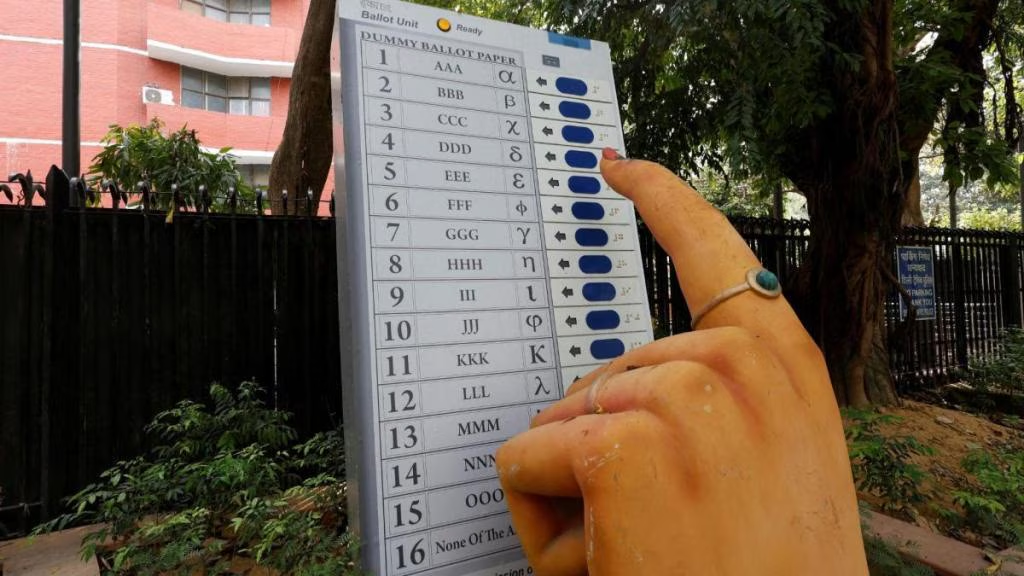Residents of India’s national capital Delhi began casting their votes on Wednesday, February 5, in a high-stakes state legislature election that pits Prime Minister Narendra Modi’s Bharatiya Janata Party (BJP) against the incumbent Aam Aadmi Party (AAP), led by Arvind Kejriwal.
The election is seen as a significant political showdown, with the AAP seeking to extend its decade-long rule in the capital despite recent corruption allegations against Kejriwal and other party leaders.
BJP Challenges AAP’s Delhi Dominance
The AAP first came to power in 2015 with a landslide victory and repeated its dominance in 2020. However, the party now faces a stiff challenge from the BJP, which is making a concerted effort to reclaim control of Delhi after nearly 30 years. In the run-up to the elections, both parties ramped up their campaigns, offering incentives to appeal to voters.
BJP, AAP Focus On Welfare Initiatives
The BJP’s campaign has focused on financial support measures aimed at poor women, pregnant women, elderly citizens, and students from disadvantaged backgrounds. This strategy aligns with the party’s approach in other recent state elections, where similar welfare measures have bolstered its electoral prospects.
Meanwhile, the AAP has emphasized its track record of improving public services, highlighting initiatives such as free electricity, water subsidies, and free bus travel for women. Despite the corruption allegations, the party continues to present itself as committed to welfare policies and anti-corruption efforts.
BJP Leads In Delhi Exit Polls
Exit polls indicate that the BJP may have an edge in the contest. According to NDTV’s Poll of Exit Polls, the BJP is projected to secure 41 seats, while the AAP is expected to win 28. The Congress party, which has struggled to regain a foothold in Delhi, is predicted to win just one seat. If these projections hold, it would mark the first time in two decades that the BJP has secured control of the Delhi government. However, political analysts caution that exit polls are not always accurate, and the final results will be confirmed when votes are counted on Saturday.
The election covers all 70 seats in the Delhi Assembly, with a majority requiring at least 36 seats. More than 15 million residents are eligible to vote, making this a crucial electoral battle. Given the strong voter bases of both the BJP and the AAP, analysts expect a closely fought contest that could shape the political landscape of the capital for years to come.






